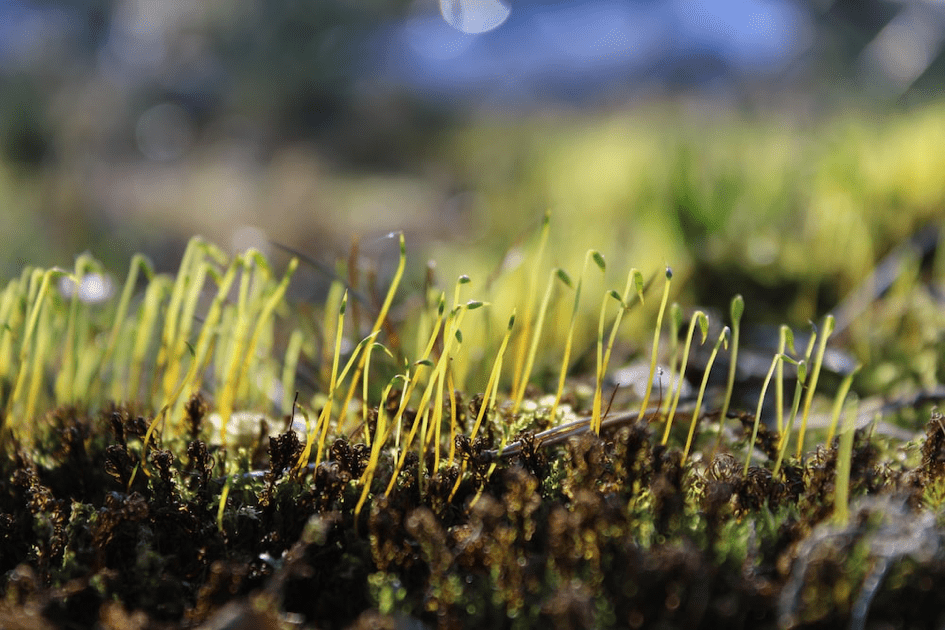Scientists from the Karlsruhe Institute of Technology (KIT) collaborated with their counterparts from the Institute for Research and Development (IRD) in Montpellier to understand the role of jasmonate hormones (JA) in plant tolerance to soil salinization.
The research results were published in the scientific journal “Journal of Experimental Botany.” It turns out that jasmonates, known for repelling herbivores, have both positive and negative effects on the plant’s resistance to saline exposure.
Experiments conducted on rice demonstrated that these hormones can be either beneficial or detrimental depending on the phases of the response to saline stress:
• In the osmotic phase (rapid), they facilitate, in synergy with abscisic acid, the interaction with the saline environment;
• In the ionic phase (slow), they reduce the capacity for photosynthesis and other mechanisms in response to saline stress, such as sodium transport and detoxification.
Understanding the mechanisms of response and resistance to saline stress is of great importance, as the increasing trend of soil salinization is affecting agricultural yields worldwide.
Source: Institute of Plant Molecular Biology – CNRS




